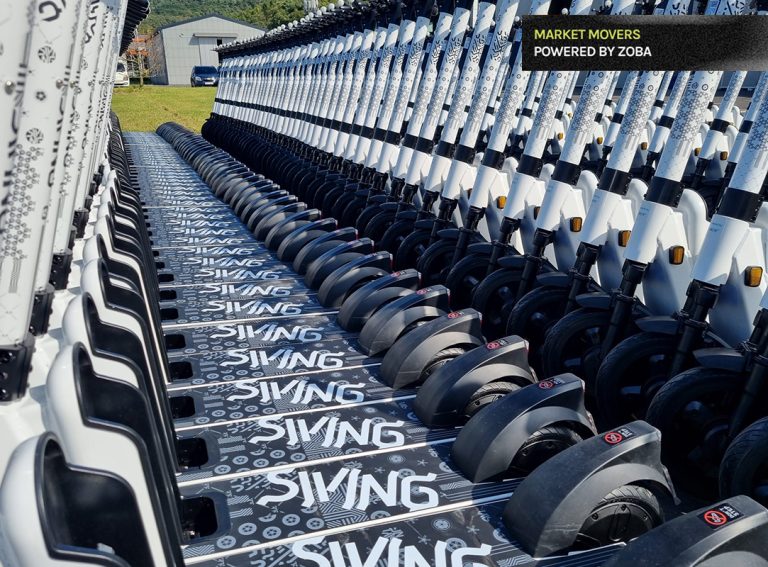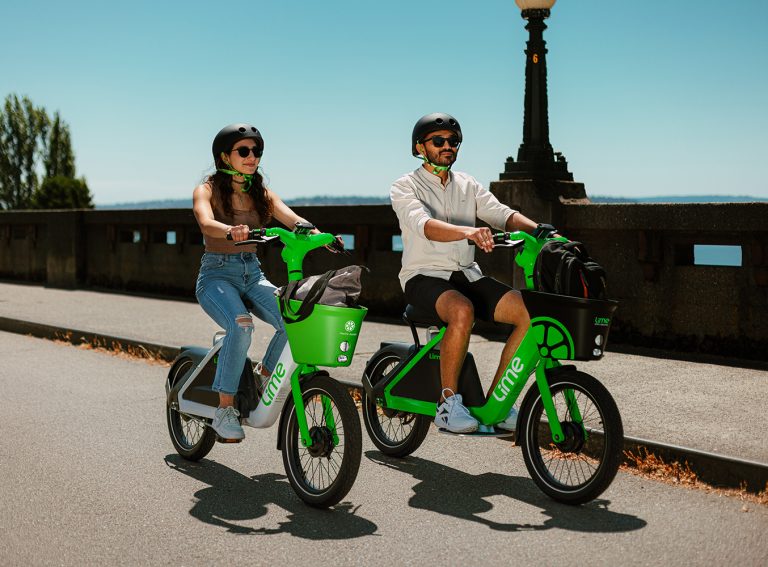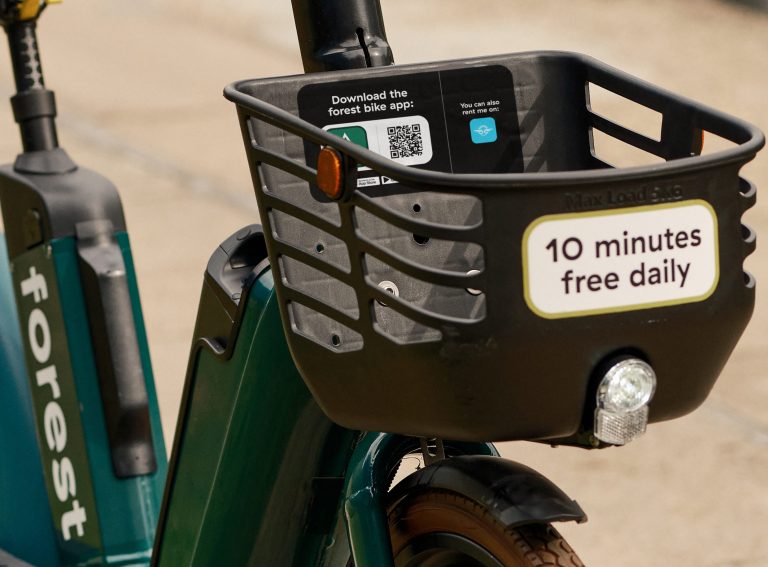International Women’s Day brings into focus, from a ZAG perspective, how women are represented at the top management levels of shared mobility providers in the UK and across Europe. We also look at whether these company services are being well adopted by women as well as men.
In the boardroom
Looking at who is running the companies that provide shared e-scooters in Europe, the gender imbalance is pronounced. None of the largest 25* shared e-scooter companies operating in Europe are currently headed by women, although Beryl’s founder Emily Brooke retains a board-room role as non-executive chairman.
However, some of the European arms of the major global companies in the space are headed by women. This includes European-based Haya Verwoord Douidri who is VP of Global Market Expansion, Strategy and Policy at micromobility operator Superpedestrian. Other key management level roles filled by women in the European shared e-scooter space include Charlotte Bailey, Bird’s Director for EMEA Operations; Georgia Yexley, the UK General Manager for TIER; and Georgia Corr, Public Policy Manager for the UK and Ireland for Lime.
On the ground
Over in the cycling world, there is a theory that truly “bikeable” cities are ones where as many women as men cycle. Studies suggest that only Copenhagen has eliminated the “gender gap”. Is the same true for e-scooters? Do we see such gaps in this newer mode? Do we have a way to go until it is accepted and used by all, or are e-scooters a way of achieving gender parity in a way that bicycles have been unable to do so?
There is relatively little data published by the e-scooter operators in the UK and Europe relating to the proportion of their users who are female. But there is some emerging evidence, based on user demographic information and targeted surveys, that there is a significant but varied gender gap for shared e-scooters.
In the UK, Voi has reported 39 per cent of its riders in Bristol are female, and 40 per cent are female across its UK fleets as a whole, including Liverpool, Birmingham and Northampton. It is worth noting that Voi makes up nearly 60 per cent of the UK’s shared e-scooters so their statistics carry considerable weight. Other data from the UK trial cities puts the figure at 30 per cent across Neuron’s 3 fleets (in Newcastle, Sunderland and Slough) – notably 40 per cent of their Sunderland riders are female – and 32 per cent of riders of Beryl’s Isle of Wight e-scooter fleet are women.
Across Europe, Voi gathered together a number of reports and surveys for its ‘Micromobility for All’ report. The operator saw European figures similar to that of the UK – 34 per cent in Paris, 32 per cent in Zurich and 26 per cent in Vienna (a separate study of Dott e-scooter users in Paris puts the figure at just 25 per cent).
The only figures over 40 per cent are from the USA, where Lime reported 42 per cent of their Chicago users are women, and Bird recorded their female proportion in Atlanta at an impressive 46 per cent.
It is not for this article to try and account for these regional differences or ascertain why we are so far away from gender parity across almost every system examined. ZAG presents the data as a marker and hopes that the mobility platforms continue to strive towards being a transport option that all demographics are comfortable and confident using, and present “last mile” opportunities for the widest possible range of journey types.
* Beryl, Bird, Bit, Blinkee, Bolt, CityBee, Dott, Ginger, Helbiz, Hopp, KIWIRide, Lime, LINK, Neuron, Pony, Quick, Reby, Ryde, Spin, TIER, Voi, Wind, Zeus, Zipp and Zwings.
Article updated with the 40% female ridership statistic for Sunderland.




